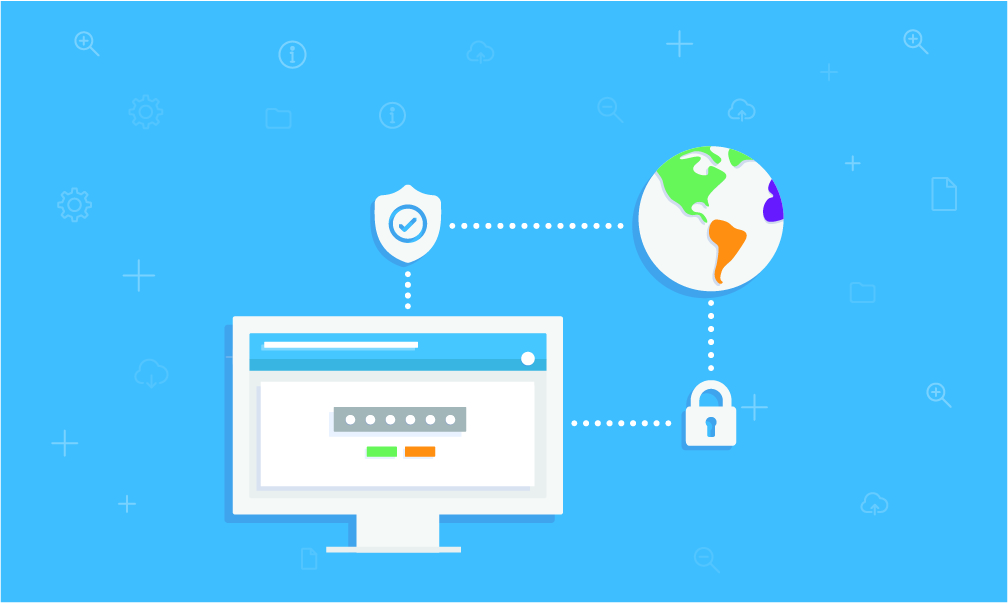Although large companies and international corporations hold much vaster quantities of data, some most likely belonging to more prolific brands and customers, it could be argued that cyber security breaches are much more threatening to small business in many ways.
Established companies and giant conglomerates have the big budgets they need to protect against data theft and hacked systems. Start-ups and SMEs, however, most probably don’t have access to lots of spare cash to implement complex security protection software and expensive external storage.
While it does help to dedicate some financial investment to bolstering your online security when the capital eventually becomes available, there are a few simple, low-cost measures you could be taking in the meantime to support small business cyber safety.
Regularly reset your passwords
Resetting passwords is one royal pain in the behind, we know, but it really is an effective way to boost the cyber security of your vulnerable small business.
When picking passwords, choose a combination of letters, numbers and symbols to ensure they aren’t easily guessed or systematically revealed by process of elimination. Distance the password from being too closely related to the topic of your business – just make sure you can remember it.
Stay on top of software updates
As part of a Telegraph article around the topic of cyber security, Dr Mike Lloyd, Chief Technology Officer of risk scoring platform, RedSeal, said:
“Operating systems are like milk and cheese – they get worse rapidly with age, not better. Using yesterday’s technology isn’t just inefficient, it’s a great big welcome mat, laid out to invite attackers.”
For this very reason, it’s essential to update your software regularly to benefit from technological developments and lower the risk of compromised security. The older software gets, the longer hackers have had time to devise a way of breaking into it.
Take advantage of device tracking
You’re likely already using some sort of device tracking technology in your personal life, so now it’s time to bring these benefits into your small business.
Enabling built-in tracking on things like company mobile phones, laptops, desktops and smart devices means you can track and locate them should they be lost or stolen.
Many device-tracking facilities come as standard on a majority of smartphones on the market these days and will also allow you to remotely lock a device in order to limit access to any data or information stored on there.
Don’t forget your cyber insurance
Did you know general liability insurance typically doesn’t cover incidences of cyber security breaching? We recommend taking out some dedicated cyber insurance to protect things like customer names, addresses and card details.
Keep an external backup of your data
If you don’t already, we recommend moving your document storage and transfer processes to a file-sharing application or cloud-based storage facility. This means you can regularly backup your data to an external source so it can still be accessed and controlled if stolen from an internal location. Cloud-based storage and external file transfers also eliminates the risk that comes with sending attachments via email.
If you’d like to take advantage of everything the cloud has to offer, start with our free, cloud-based bookkeeping software Pandle. Set up your free account today!
